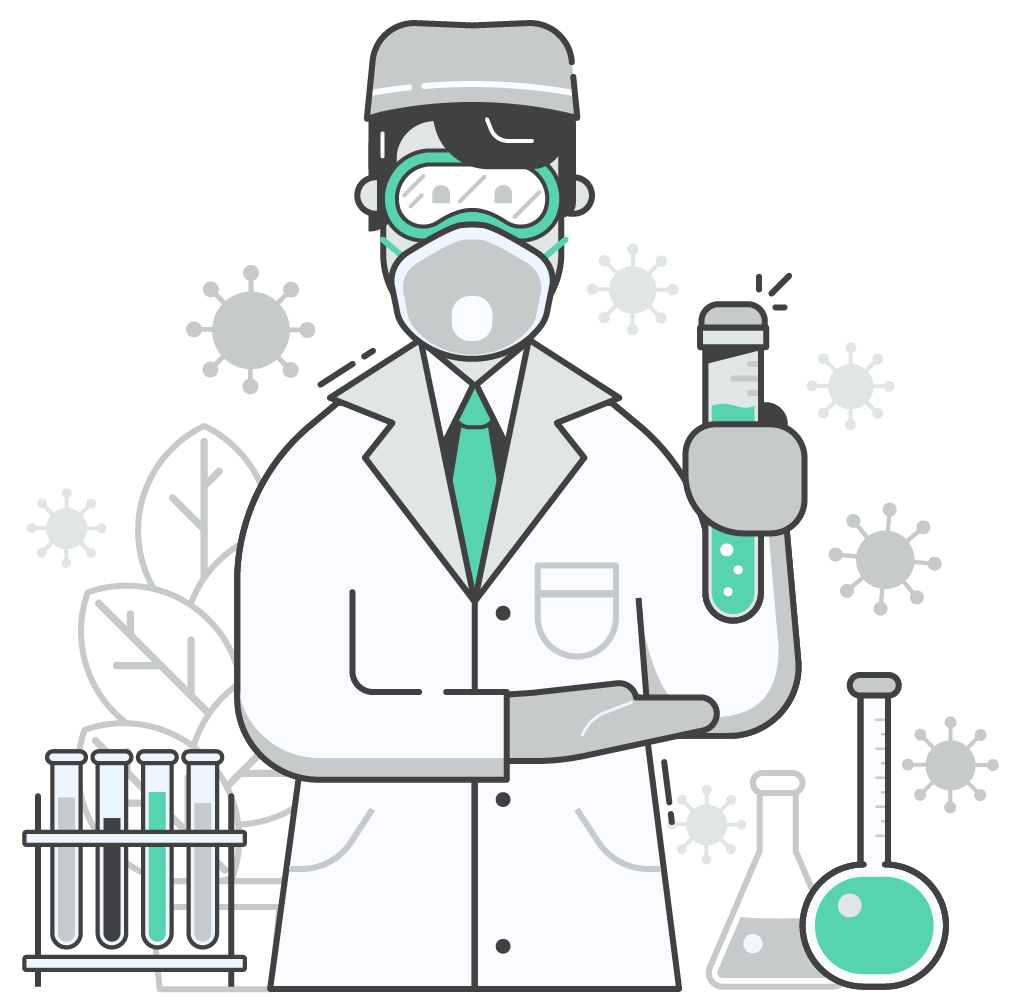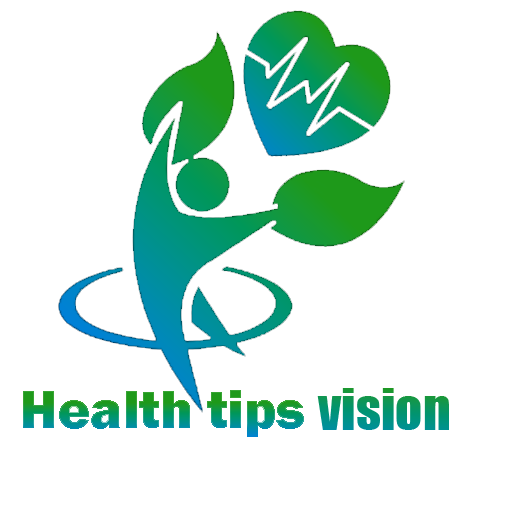Keys to Good Health: A Checklist for Maintaining Your Health
Various sources guide you on how to live healthily and maintain your body’s functionality. Determining what this means to you can take time and effort. Let’s simplify it into a few straightforward, easily remembered strategies for individuals to maintain their health.

Take up flexitarianism.
A plant-based diet is the healthiest, according to numerous studies, but you can still reap many benefits even if you’re not a strict vegetarian. A semi-vegetarian diet that reduces but does not eliminate animal products may help you control high blood pressure and inflammatory bowel disease.
Increase the range of your palate.

According to dietary guidelines, fruits and vegetables should make up half your plate daily. However, it’s also critical to vary things. Fruits and vegetables vary in nutritional content, even though they are all healthful. Eating various coloured fruits throughout the day will provide you with the most fantastic range of health advantages.
More water, less sweets.

While avoiding extra sugar in your food is a good idea, you might be surprised to learn that soda, energy drinks, and sports drinks are significant sources of added sugar. According to specific research, consuming one or two soft drinks daily increases your risk of type 2 diabetes by 26%. Sugar-filled beverages have also been connected to obesity, gout, and heart attacks. Try naturally flavoured seltzer if you miss the taste and fizz.
Increase your movement and decrease your sitting.
That sums up the recommendations for physical activity. Although doctors recommend 150 minutes or more of moderate exercise each week, any form of physical activity is preferable to none. Thus, make it a point to stretch and stand up more frequently. You can also park further away from your destination to get more steps. Finally, try some new activities that will encourage movement.
Although it’s often neglected in our constantly connected age, sleep is essential for overall wellness: diabetes, stroke, obesity, and many other illnesses. Getting your ZZZs also keeps you safe because driving when tired is equally as dangerous as driving when intoxicated. If you are not generally a morning person, consider getting in bed fifteen minutes earlier each week until you are.
Reduce your tension.
It’s time to change if you frequently lose your temper, experience stomachaches from anxiety, or find it difficult to fall asleep. Find a means to release some steam, be it via physical activity, meditation, or belly laughs with close friends
Are you still feeling overburdened? Schedule a meeting with a mental health counsellor or another specialist.
Hands up.
It’s among the most straightforward and reliable strategies for avoiding any infectious diseases that may be circulating. The secret is to be meticulous: After making a lather with soap, scrub for at least 20 seconds on your palms, the backs of your hands, between your fingers, and under your nails.
Don’t drink too much.
While there are certain health benefits associated with moderate alcohol consumption, such as a decreased risk of heart disease, there are also significant drawbacks to alcohol consumption, including an increased risk of cancer and liver illness. Therefore, you shouldn’t start drinking for your health. If you drink, limit yourself to one drink for women and two for men daily.
Avoid being near smoke.
It damages nearly every organ in your body, causing other dangerous disorders. There is never a quantity of secondhand smoke that is “safe.” It is also harmful. Encourage your flatmate who smokes to give it up or, at the very least, encourage them to move their cigarette outside.
Advice for Maintaining Your Health

Certain lifestyle decisions can significantly impact your overall health. These are the top 10 suggestions for a long life and excellent health.
Making confident decisions is necessary to maintain health. And you have control over a lot of those decisions. Naturally, age, genetic makeup, and family history can affect your health and increase your susceptibility to specific illnesses. Additionally, there are a lot of things that you can manage, and a lot of them are crucial to maintaining your health and enabling you to live a long and fulfilling life. Let’s examine ten healthful decisions that science has proven can help you live a long and happy life.
Get going.
Get moving to feel happier, more energetic, or healthier. Exercise regularly has several advantages for your physical and emotional well-being. Furthermore, you can still enjoy the benefits without training for hours daily at the gym or completing a half-marathon.
Adults can benefit from as little as 150
That comes up to around 22 minutes a day of moderate-intensity exercise, which can be anything from brisk walking to dancing to cycling to even performing housework or yard work. As long as you’re in motion rather than
Enhance your heart health: Physical activity helps your heart stay healthy, and a stronger heart can reduce your chance of developing cardiovascular disease.
Enhance the health of your brain: Frequent exercise can help you think more clearly. Reliable Source and lower the chance of dementia.
Boost your mood: Research has demonstrated that physical activity lowers the likelihood of anxiety and depression.
Assist in managing weight: Physical activity causes your body to burn more calories than sitting still. Burning more calories daily may make it simpler to lose and maintain weight.
Become physically active to maintain the strength of your bones and muscles, which will help you move more freely as you age. Cut down on the likelihood of
Consume more unprocessed meals and fewer entire foods.
Whole foods are those that have yet to undergo extensive processing or modification. They don’t contain any artificial or added chemicals to enhance their flavour or extend their shelf life.
Whole foods give your body more vitamins, minerals, and other vital nutrients than processed foods and are generally healthier. Whole foods provide you with more incredible energy and may perhaps reduce your chances of several health problems because they are more nutrient-dense
because processed foods frequently contain more significant concentrations of some components than whole foods, such as:
Sodium chloride, Tran’s fats, and preservatives
Your health may suffer if you consume too many processed foods and need more whole foods. This is because your body won’t receive enough of the nutrients it requires. Instead, you will consume more harmful fats, sugar, salt, and other low-nutritional substances.
Scientific studies have shown that eating poorly can raise your chances of:
Gaining weight and being obese is a dependable source for stroke and heart illness and a dependable source for type 2 diabetes. It is a Reliable Source for a few postmenopausal women and uterine cancer, according to a reliable source.
Try to stop smoking if you do.
In the U.S., smoking is the most common preventable cause of mortality. The CDC estimates that tobacco use causes almost one in five fatalities in the United States annually. It is believed that smokers pass away on average ten years sooner than nonsmokers.
Smoking dramatically raises your chance of Smoking damages almost all of your body’s organs.
Heart disease: Tobacco use is the primary cause of preventable mortality from cardiovascular disease, according to scientific data Trusted Source.
Stroke: Smoking causes blood vessel damage, causing them to constrict and stiffen. This can raise your chance in addition to your chance of having a heart attack or a stroke.
The harm that respiratory illnesses cause
Regardless of your age or smoking history, giving up is the most crucial thing you can do to enhance your health if you smoke. Your life can be extended by quitting smoking, and the longer you stay smoke-free, the more benefits you will experience.
Consult your physician about stopping. If you need it, they might recommend medicines for quitting smoking, which can assist you in permanently breaking the habit. They can help position you. Priorities for getting enough sleep: all of your body’s processes depend on sleep. Your body repairs cells and replenishes energy as you sleep. While you sleep, your brain also carries out several vital tasks, such as clearing waste, storing knowledge, and reestablishing connections between nerve cells.
Hypertension, or excessive blood pressure, metabolic syndrome, and cardiovascular disease
diabetes type 2
compromised immune systems, and some cancers
. How can you make sure you get adequate sleep? Among the items that could be beneficial are the following:
Establish a peaceful, dark, and cosy sleeping space: Sleeping temperatures should be between 60°F and 67°F (15.6°C and 9.4°C), thus Verify the comfort of your mattress and pillows as well. If you need to block out noise, wear earplugs.
It would help if you did not smoke or drink alcohol four hours before bed because it Restricts your coffee consumption to the morning.
Try a natural sleep aid: If you have trouble falling asleep at night, consider taking glycine, valerian root, or melatonin.
Maintain your hydration
Daily hydration is essential for optimal health. Water is critical to your body’s many vital processes, including regulating body temperature, promoting healthy digestion, preserving the health of your organs, and providing nourishment to every cell in your body.
Maintaining proper hydration also helps your brain function. If you don’t drink enough water, you could feel exhausted and experience problems.
Generally speaking, you should drink more water if you:
Workout or put forth effort if you reside in a hot, dry climate
Spend a lot of time in the sun, particularly during the warmer months; have a fever; experience fluid loss from vomiting or diarrhea; or are breastfeeding, pregnant, or nursing a child.
Drink water as often as possible. Avoid sodas and energy drinks, as they usually have a high sugar content and added calories. To give your water some flavour, try adding A few cucumber slices or mint or basil leaves can also be added.
Use alcohol sensibly if you do.
Although a few drinks here and there probably won’t harm you, consuming excessive amounts of alcohol can drink too much alcohol can damage your heart, brain, and liver, in addition to raising your risk of Reliable Source for several cancers, such as liver, colorectal, and breast cancer. Your mental health may also be badly impacted by binge drinking.
So when does drinking start to be bad for your health?
The following is how the U.S. Department of Health and Human Services classifies moderate drinking:
Up to one standard drink for women each day
Prioritize preventive care.
Your doctor will provide preventive care if you want to maintain your health. Although you may usually associate your doctor with treating illnesses, they also play a vital part in maintaining your health and avoiding chronic diseases or illnesses from occurring in the first place.
You and your doctor have a better chance of identifying early warning signals of specific diseases before they worsen if you take the initiative and concentrate on preventive treatment. When these problems are more straightforward to cure and have a higher chance of success, you may take action to solve them.
When you schedule a yearly physical examination with your doctor, it
Recognizes your numbers
Preventive care has the benefit of having your doctor screen you for several vital metrics, such as your:
BMI, or body mass index
heart rate (hypertension)
triglycerides and cholesterol fasting blood sugar
You and your doctor can discuss the necessary steps to resolve values outside the approved range. Along with developing a customized treatment plan, your doctor will keep an eye on you to make sure your condition is getting better.
Making the appropriate lifestyle adjustments to enhance significant elements of your health can be facilitated by being aware of difficulties associated with these critical metrics early on before they lead to further issues. Frequently, medical disorders such as hypertension







